Are you interested in experiencing history firsthand? These are the best open air museums in North Dakota:
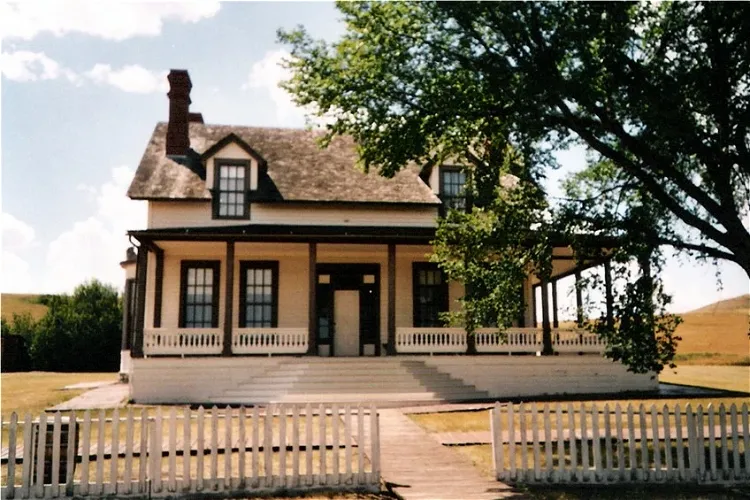
Fort Abraham Lincoln State Park
Mandan, NDFort Abraham Lincoln is a significant part of the state park of the same name located in North Dakota, United States. This historic site was once the most important military post in the northern Great Plains. Today, it offers visitors a glimpse into the past and the opportunity to explore the rich history of the region.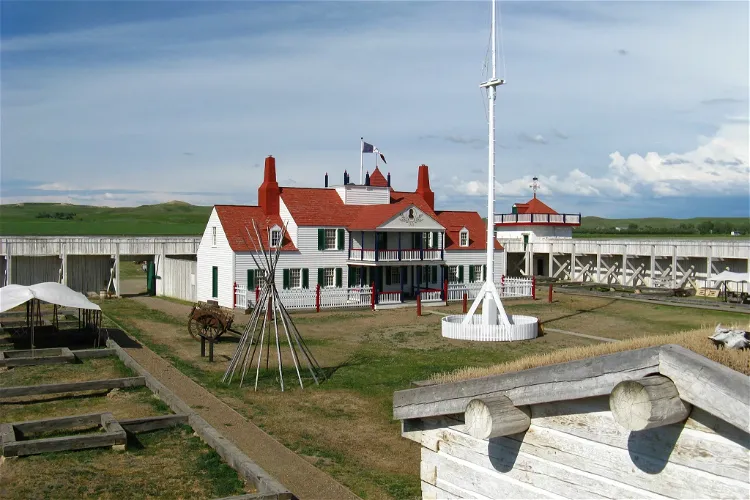
Bourgeois House Visitor Center - Fort Union Trading Post National Historic Site
Williston, NDThe Fort Union Trading Post National Historic Site is a significant location that offers a glimpse into the past. It is a partial reconstruction of a crucial fur trading post that operated on the upper Missouri River from 1829 to 1867. This site provides a unique opportunity for visitors to learn about the fur trade's history and its impact on the region during this period.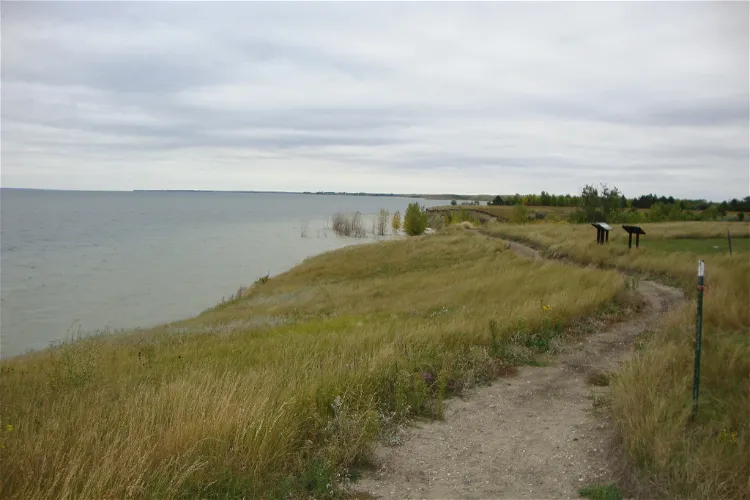
Fort Stevenson State Park
Garrison, NDFort Stevenson State Park, located in McLean County, North Dakota, is a vast 222-hectare park that sits five kilometers south of Garrison. The park is situated on the north shore of Lake Sakakawea, offering visitors a beautiful view of the lake and its surroundings.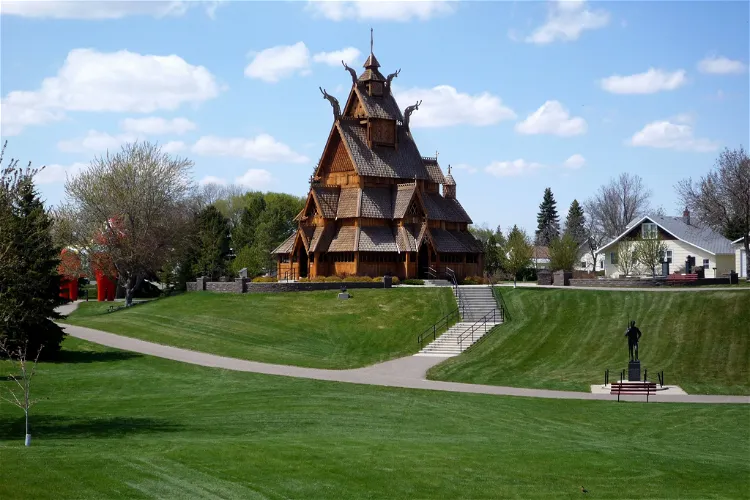
Scandinavian Heritage Park
Minot, NDScandinavian Heritage Park is situated in the Upper Brooklyn neighborhood of Minot, North Dakota. This location is easily accessible and offers a unique opportunity to explore the rich cultural heritage of the Scandinavian countries right in the heart of North Dakota.- 5
Icelandic State Park
Cavalier, NDIcelandic State Park is a public recreation area located on the north shore of Lake Renwick. It is situated six miles west of Cavalier in Akra Township, Pembina County, North Dakota. This location offers a beautiful view of the lake and is easily accessible from Cavalier. 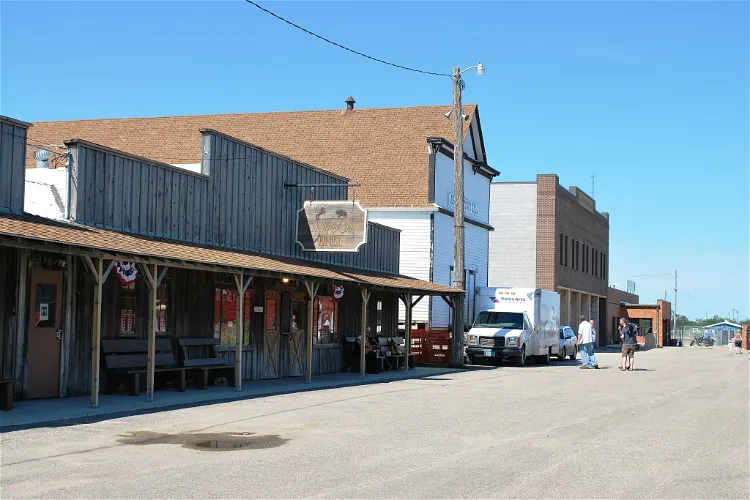
Bonanzaville
Mapleton, NDBonanzaville, USA is a history museum complex located in West Fargo, North Dakota. It is a part of the Cass County Historical Society and is spread across 12 acres of land. The museum complex consists of forty buildings, many of which are historic and have been moved from the region to the museum grounds. These buildings now form a village setting, each with a unique theme.